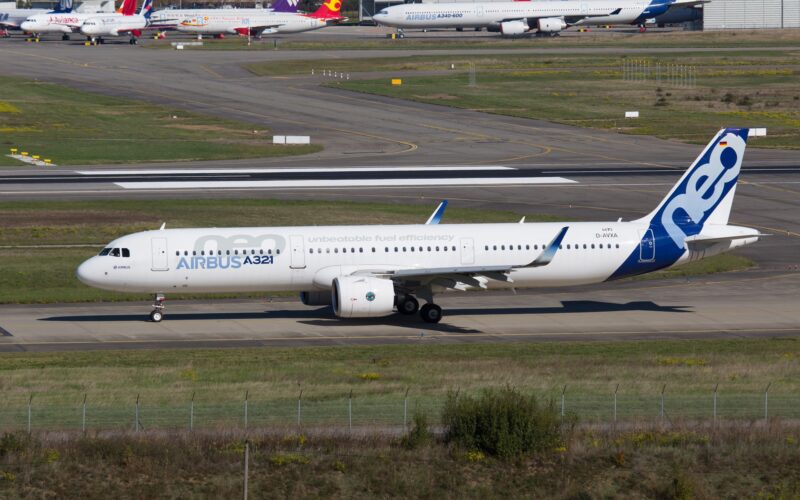Airbus has issued a warning to customers about potential delivery delays of the A320neo family aircraft, including the largest variant, the A321neo.
According to a report by Reuters, sources familiar with the matter said that some A320neo family aircraft deliveries could be delayed by up to three months, affecting hundreds of aircraft of the type. However, the manufacturer affirmed its production targets for 2024 and beyond.
In December 2022, a few months before the European Original Equipment Manufacturer (OEM) announced its full-year results, Airbus stated that it would not reach the 700 annual aircraft delivery target it set out for the year, citing a “complex operating environment”.
When the OEM announced its 2022 financial results in February 2023, Guillaume Faury, the Chief Executive Officer (CEO) stated that Airbus “delivered solid financials despite an adverse operating environment that prevented our supply chain from recovering at the pace we expected”.
“The Company had to adjust its operations accordingly, which led to lower commercial aircraft deliveries than originally planned. We are adapting our production to match supply,” Faury added.
Throughout Q1 2023, Airbus delivered 127 aircraft, while its main rival Boeing handed over 127 jets to customers during the same period. The majority of the European planemaker’s deliveries were the A320neo family, comprising a total of 106 deliveries: two A319neo, 45 A320neo, and 59 A321neo.
As of March 31, 2023, Airbus has 6,604 narrow-body jets in its backlog, including the A220, A320ceo, and A320neo families. In terms of the A321neo backlog, 3,682 of 4,672 aircraft were delivered by the European manufacturer by the end of Q1 2023. Its second best-selling A320neo family aircraft, the A320neo, has 2,293 unfilled orders.
In April 2023, when French President Emmanuel Macron and the President of the European Commission (EC) Ursula von der Leyen were on a visit to China, Airbus signed a deal with the local government to expand its Final Assembly Line (FAL) in Tianjin, China.
“The second line at the Tianjin FAL creates more flexibility in a fragile ecosystem and meets the needs of the market, to reach a global A320 Family production rate of 75 in 2026,” an Airbus spokesperson said in a statement to AeroTime at the time.

